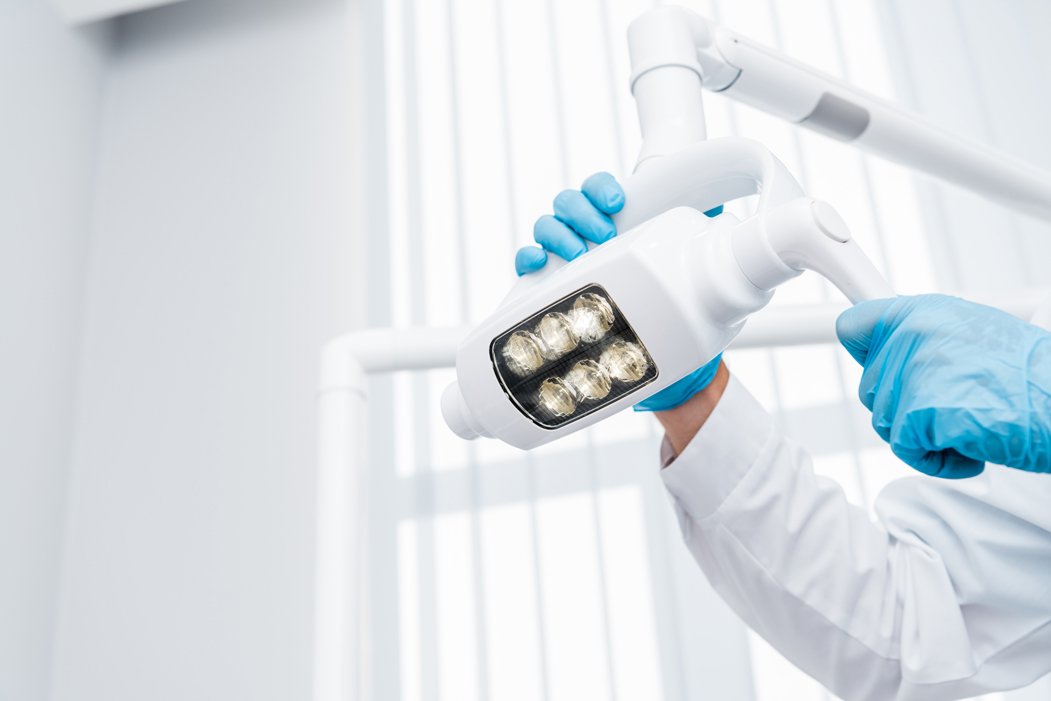
One of the questions that causes the most concern in people (younger and older patients) in relation to their oral and aesthetic health revolves around making the decision of whether to remove or keep their wisdom teeth. Regarding this question, a series of myths and scientific truths have arisen that stem from the traditionalist point of view that seeks conservation of teeth due to functionality, to the modernist perspective that pursues treatment on behalf of health complications, maxillofacial aesthetics, and evolutionary biology. The plethora of diversity in opinion results in the necessary relevancy of knowledge of the third molars i.e., wisdom teeth.
There are a total of four molars on the mouth, two on the top and two on the bottom, which begin their eruption at the end of adolescence, the period in which people assume autonomy and thus of a good sense of perceived wisdom- explaining the etymological origin of the name. Modern day adolescents do not possess the space crucial to accommodate the wisdom teeth in a natural position due oral cavity evolution that has led to a genetic result of the space not being created and consequently a pattern of non-existent eruptions prevalent in many people.
The argument of whether performing wisdom teeth extraction surgery is the appropriate decision, is up to the discretion of the medical practitioner’s clinical analysis, as opposed to sheer aesthetic factor. It is recommended to remove all four wisdom teeth during a single extraction procedure in order to prevent future visits pertaining to the inevitable complications that may arise from postponing the removal of all wisdom teeth. The costs of wisdom teeth removal vary according to the complexity and care of the surgery. One of those aspects includes the use of local anesthesia that in certain cases can be agreed upon with the patient.
In addition, it is necessary to periodically check in with a dentist, in order to properly communicate any sort of complication or corrections in personal oral health that may lead to an oral or maxillofacial surgery. There are many specialties of maxillo-facial/ oral procedures dedicated to the study, prevention, diagnosis, treatment and rehabilitation of congenital or acquired diseases of the facial structure (skull, mouth, teeth), such include:
1.The frenectomy consists of the removal of the labial frenulum through a relatively simple surgical procedure, performed under local anesthesia, in which the imperfection is cut by a laser or with the use of a scalpel.
2. Gingivectomy is a periodontal surgery that is performed in the gums, it consists of the elimination of gingival tissue with the purpose of removing or reducing the periodontal pockets, where the bone is not affected.
3. Dental bone grafting is a treatment used in dentistry specifically, in oral and maxillofacial surgery with the purpose of increasing the size of the maxilla or jaw. With succession, dental implants can be placed in patients with little or insufficient bone.
4. The dental prosthesis is an artificial implant that serves to restore the anatomy of one or more teeth, giving the patient the ability to regain functionality and aesthetics of their dentition. These are custom-made, consisting of acrylic or porcelain material.
5. Dental implant surgery is a procedure that replaces the roots of the teeth with metal studs that have the appearance of screws and replaces the missing or damaged tooth with an artificial tooth that retains the same appearance and function as real teeth.
Key words: Wisdom Teeth, Dental implants, Wisdom teeth removal, Wisdom tooth extraction, Teeth removal, Surgery dentist, Oral extraction, Oral surgery,
Dental surgery
WISDOM TEETH SOLUTION

